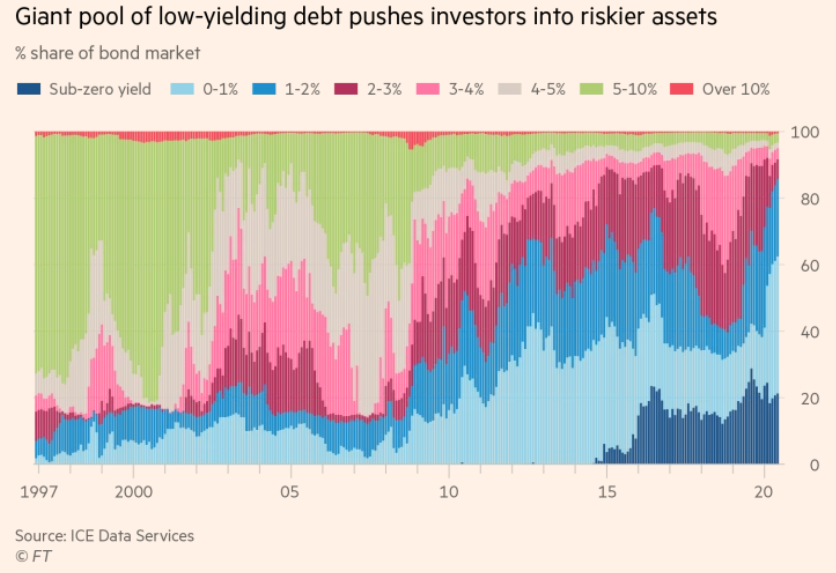
Students wanting to do a PhD in economics are often told that math is important
here's why (and some important caveats) ...
here's why (and some important caveats) ...
Markets need to balance out on average, e.g. the total purchase of cotton must equal the total production of cotton by farmers.
There are thousands of such markets and they must all balance out! How does this happen?
There are thousands of such markets and they must all balance out! How does this happen?
It is not possible to keep track of all this without resorting to mathematics, which is a tool for imposing rules and logic that nature dictates must hold.
Then there are many practical economic problems that at their core are mathematical riddles.
Then there are many practical economic problems that at their core are mathematical riddles.
e.g. how should a society decide how to allocate a scarce resource, like donated organs, to those that need it?
How should vaccines be priced in the midst of a pandemic, such that everyone has access and pharma companies also have the resources to produce vaccines?
How should vaccines be priced in the midst of a pandemic, such that everyone has access and pharma companies also have the resources to produce vaccines?
There there is data and empirical analysis. How does one know whether a given economic policy is beneficial? And how accurately can we make that judgement?
These are all statistical problems that require a deep understanding of statistics etc.
These are all statistical problems that require a deep understanding of statistics etc.
The bottom line is that math is an essential *tool* to do what we need to do as economists.
Now for some caveats.
There is a lot to economics that goes beyond math - understanding institutions, history, and above all people and their psychology!
Now for some caveats.
There is a lot to economics that goes beyond math - understanding institutions, history, and above all people and their psychology!
There is an unfortunate tendency at times to use math to complicate things. The real purpose of math is to simplify, not confound
And you can do a LOT with just simple math. So don't let math overwhelm you.
And you can do a LOT with just simple math. So don't let math overwhelm you.
• • •
Missing some Tweet in this thread? You can try to
force a refresh



